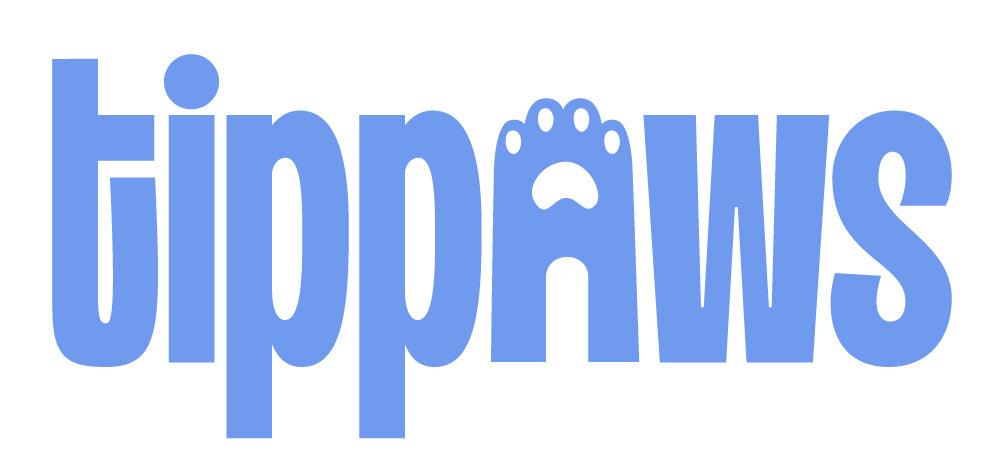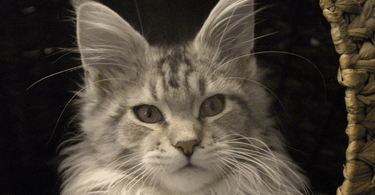Are you the proud owner of a majestic Maine Coon and want to ensure they receive the best nutrition possible? Look no further! These gentle giants have unique dietary needs due to their size, activity levels, and genetic predispositions. With the plethora of options available, it can be overwhelming to choose the right food that meets all these requirements. That's where we come in. We’ve put together this guide to help you navigate through the sea of cat food options, providing you with a breed-specific nutrition breakdown. From understanding the nutritional needs of Maine Coons to deciphering the various ingredients, we have got you covered.
Understanding the unique nutritional needs of Maine Coons
Maine Coons are known for their large size and playful nature. As such, they require a diet that supports their unique physiology and energy levels. These cats have a slower metabolic rate compared to other breeds, which means they may be prone to weight gain if not properly managed. Maine Coons have a muscular build and require adequate protein intake to maintain their lean muscle mass. Therefore, it is crucial to choose cat food that is high in protein.
When considering the nutritional needs of Maine Coons, it is important to take into account their age and activity level. Kittens have different dietary requirements than adult Maine Coons, and older cats may require a specialised diet to support their ageing bodies. Maine Coons are also prone to certain health issues, such as hip dysplasia and heart disease, which can be managed through proper nutrition. By understanding these unique nutritional needs, you can make an informed decision when selecting cat food for your Maine Coon.
Key considerations when choosing cat food for Maine Coons
When choosing cat food for your Maine Coon, there are several key considerations to keep in mind. First and foremost, look for cat food that is labelled as "complete and balanced" and ensure the company is a member of UK Pet Food. This ensures that the food meets the minimum nutritional requirements for cats.
Another important consideration is the quality of the ingredients. Look for cat food that lists high-quality sources of animal protein, such as chicken or salmon, as the first ingredient. Avoid cat food that contains fillers and by-products, as these offer little nutritional value. Maine Coons also require a diet rich in omega-3 fatty acids, which support their coat and skin health. Look for cat food that includes ingredients like fish oil, which is a natural source of these essential fatty acids.
Ingredients to look for in cat food for Maine Coons for a healthy diet
To ensure your Maine Coon receives the best nutrition, it is important to understand the key ingredients to look for in cat food. As mentioned earlier, high-quality sources of animal protein should be the primary ingredient. Protein is essential for maintaining muscle mass and supporting overall health. Maine Coons require a well-balanced mix of fats and carbohydrates. Look for cat food that contains healthy fats, such as omega-3 fatty acids, which support joint health and promote a shiny coat. Carbohydrates should come from whole grains and vegetables, rather than fillers like corn or wheat.
Maine Coons also benefit from the inclusion of certain vitamins and minerals in their diet. For example, taurine is an essential amino acid that is vital for heart health. Maine Coons are prone to heart disease, so it is crucial to choose cat food that contains adequate levels of taurine. Other important nutrients to look for include antioxidants, which support the immune system, and glucosamine, which promotes joint health. By selecting cat food with these key ingredients, you can ensure your Maine Coon receives a well-rounded and nutritious diet.
Common dietary issues and how to address them in Maine Coons
Like all cats, Maine Coons can experience certain dietary issues that may require special attention. One common issue is food allergies or intolerances. If you notice that your Maine Coon is experiencing gastrointestinal upset or skin issues, it may be worth considering a limited ingredient diet or hypoallergenic cat food. These diets are formulated with a minimal number of ingredients to reduce the risk of triggering an allergic reaction.
Another dietary issue that Maine Coons may face is urinary tract problems. These cats are prone to developing urinary crystals or stones, which can be painful and potentially life-threatening. To prevent these issues, it is important to choose cat food that is formulated to support urinary tract health. Look for cat food that is pH balanced and contains ingredients like cranberries, which help maintain a healthy urinary tract.
Do Main Coons gain weight easily?
Main Coons are naturally very large cats so it can be difficult to tell if they are overweight or just big. When trying to determine if your Main Coon is overweight, it's better to use a chart to observe their body shape versus weighing them. For example, this chart provided by International Cat Care shows body condition on a scale of 1-9 to help you determine if your cat should lose weight.
Wet food or dry food? Which is the best food for Maine Coons?
One debate that often arises when discussing cat food is whether wet or dry food is best for cats. When it comes to Maine Coons, there is no definitive answer, as both wet and dry cat food have their own advantages. Wet cat food provides hydration, which is especially important for Maine Coons who may not drink enough water on their own. On the other hand dry food can help maintain dental health by reducing plaque and tartar buildup. Ultimately, the best choice for your Maine Coon will depend on their individual preferences and needs. At Tippaws, we always recommend a mixed diet of dry and wet food.
Additional tips for maintaining a healthy diet for Maine Coons
In addition to choosing the right cat food, there are some other steps you can follow to ensure your Maine Coon maintains a healthy diet:
- Provide fresh water: Maine Coons may need encouragement to drink enough water, so make sure to provide fresh water in clean bowls throughout the day.
- Monitor portion sizes: Maine Coons can be prone to weight gain, so it is important to monitor their portion sizes and adjust accordingly to maintain a healthy weight.
- Offer interactive feeding options: Maine Coons are intelligent and active cats, so providing interactive feeding options, such as puzzle toys or treat-dispensing toys, can help stimulate their minds and prevent boredom.
- Regular visits to the vet: Regular check-ups with your veterinarian are important to monitor your Maine Coon's overall health and address any dietary issues or concerns.
Conclusion
Choosing the best cat food for your Maine Coon is an important decision that can have a significant impact on their overall health and wellbeing. By understanding their unique nutritional needs and considering key factors such as ingredients and dietary issues, you can make an informed choice.
Subscribe to our newsletter for 10% off your first order.


Bonjour
Quelle croquettes à donner à mon Maine coon qui a trop de sébum
Hi Lindsey, apologies for the delay, we missed your message before. Yes you can give your moggie the same food as your Maine Coon. You may just want to adjust the quantities based on your other cat’s size, target healthy weight and energy levels.
If i have a regular house cat can she eat the same food as the Maine coon?
If i have a regular house cat can she eat the same food as the Maine coon?
Thank you for the información .